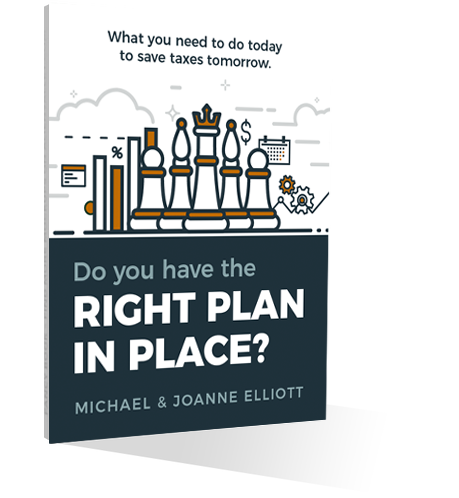Question:
How do condominium association appeals work?
Answer:
The Condominium Property Act allows condo boards to appeal tax assessments “on behalf of all unit owners”.
This requires a two-thirds vote of the board or a majority of the unit owners. Most associations obtain authority from their boards.
The Act provides as follows:

Tax appeals can only be filed by a licensed attorney and not by the association, its officers or property managers. The act of filing a tax appeal by a non-lawyer on behalf of a condominium association and/or its unit owners is considered the practice of law.
The attorney will file one appeal on behalf of all unit owners in the development. These appeals are called collective appeals.
The assessing officials prefer collective appeals for a few reasons:
- Collective appeals are less work for the assessing officials.
- The assessing officials generally prefer to negotiate with one knowledgeable attorney rather than numerous property owners or their attorneys.
- Collective appeals result in uniform assessment results.
Legal fees and costs incurred in connection with collective appeals may be charged to the unit owners as “common expenses”.
Some associations choose to pay appeal costs from the association’s budget.
Others choose to bill the unit owner for their pro-rata share of these costs.


